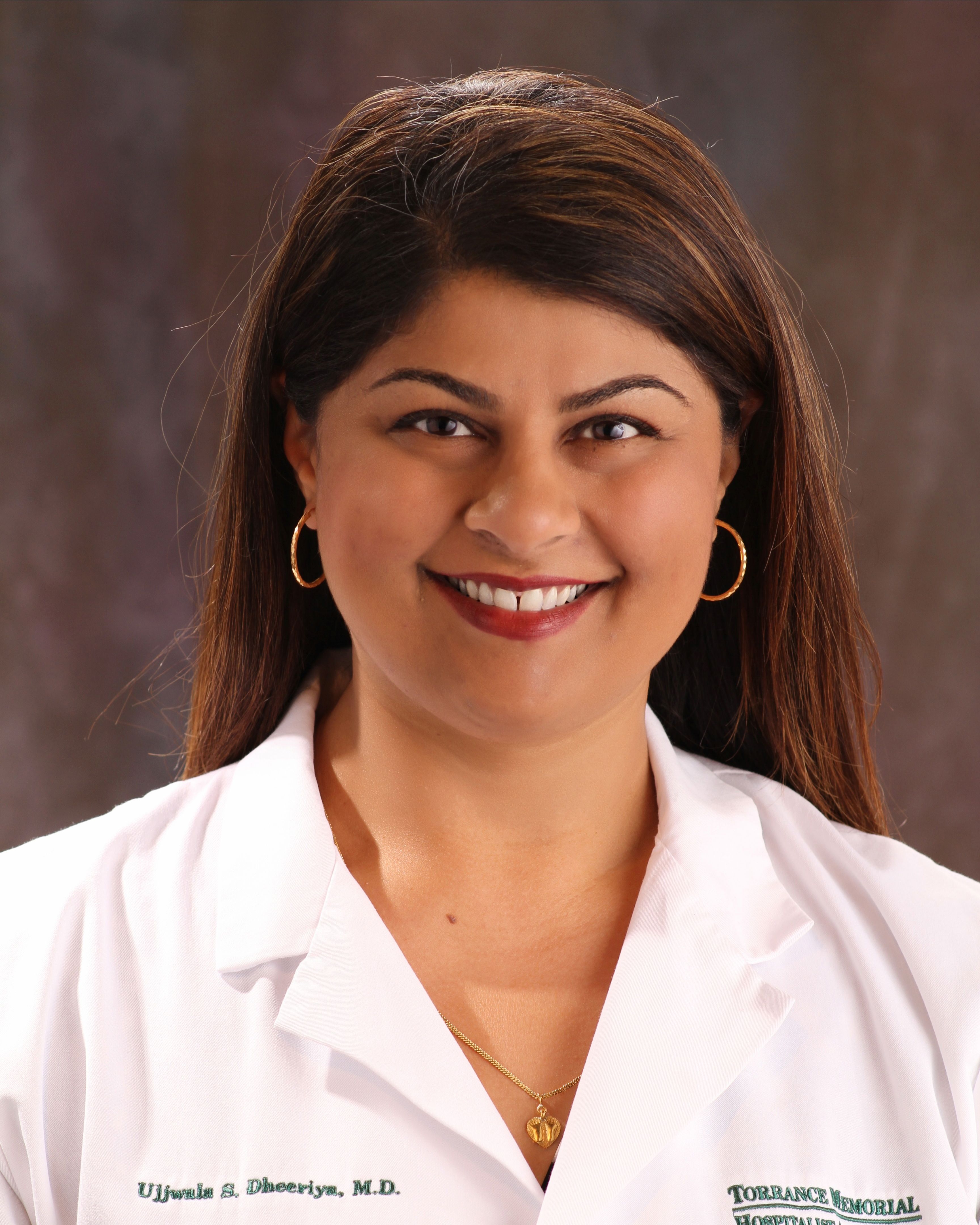Home health and palliative care programs unite patients, families, community and medical professionals.
Written by Melissa Bean Sterzick
Leaving the hospital doesn’t have to mean leaving the circle of care the hospital provides. While many conditions require hospitalization, others are best treated at home where patients feel safe and can benefit from proximity to loved ones. A sense of normalcy is important for healing, whether the illness has been long or short, chronic or acute. Torrance Memorial’s home health and palliative care programs give individuals the medical, practical and emotional support they need in the various settings where they need it.
Home Health
Torrance Memorial home health provides care for patients who are not sick enough to be in the hospital but are too sick for routine outpatient care. These patients receive care in their home by a multidisciplinary team including a nurse, social worker, physical therapist, if needed, as well as home health aides. Torrance Memorial home health treats close to 600 individuals, one on one, in the South Bay every day.
“From a healing perspective, many people would rather receive care at home, in familiar surroundings with their family around them,” says Heather Shay, RN, BSN, MBA, Torrance Memorial’s vice president of quality “The hospital is the most expensive site for care. Home health is a positive option for those who need nursing at home.”
A physician’s order is required for home health services. Patients are most often referred after a hospitalization and sometimes directly from their doctor’s office. Their care is managed by their regular physician, and the home health team will communicate with the physician about the patient’s condition and required services.
Home health services can be provided for many medical needs including monitoring by a nurse, wound care, IV medication and respiratory treatments. Home health is not a “house call” but specifically serves patients who are homebound due to illness, need specific care and are not sick enough to be in the hospital.
“Often patients have been in the hospital and need follow-up care that requires a nurse or monitoring after their discharge from major surgery or illness. Home health is part of the post-acute treatment plan. It’s better—they don’t need to be in the hospital but aren’t quite ready to be on their own,” Shay says.
Home health fills the gap between hospitalization and periodic doctor visits. In addition, home health can help manage acute and chronic conditions to avoid hospitalization, or rehospitalization, when possible.
“As health care has gotten more and more complex and interventions, treatments and therapies have gotten more complex, patients are leaving the hospital earlier and earlier. There are more things for patients to deal with at home. Home health gives them the support they need to manage these issues in the home setting,” Shay says.
Home health and palliative care are similar in almost all aspects, but palliative care offers patients an extra layer of support. A palliative care specialist physician works with the primary care physician, registered nurses, social workers and other practitioners. Easing physical pain and treating symptoms are essential aspects of palliative care.
Palliative care can be offered in a clinic, at home or in the hospital, nursing home or extended care facility. It is provided during any stage of a disease regardless of the expected outcome. It focuses on symptom management during treatment as well as support for family members.
Ujjwala Dheeriya, MD, is board-certified in palliative care and hospice and internal medicine. She is the medical director for palliative care and hospice at Torrance Memorial.
“What palliative care provides is specialized medical care for people living with a serious illness. It’s focused on providing relief from the symptoms and stress,” says Dr. Dheeriya. “The care team acts as a consultant and collaborates with primary care, hospitalists and other specialists.”
Frequent hospitalizations and office visits, advanced disease, immobility, high dependence on caregivers and concerns about caregiver mental health are all important reasons for a patient to seek palliative care. Palliative care provides physical, logistical and emotional support for patients and their caregivers.
The patient’s medical team coordinates care through frequent communication and regularly scheduled meetings. They compile medical information to help the patient make informed decisions. They empower the patient by streamlining communication and ensuring the family partners in their treatment.
In addition, much of what the palliative care team does is unite the patient, the family and the surrounding community by bringing in appropriate resources—whatever those resources may be, from equipment to arrangements for transportation, home health aides and food delivery.
Even though more people are taking advantage of palliative care, many still misunderstand its purpose. Palliative care is not end-of-life care. It can be provided at any stage of an illness alongside curative treatment.
“All hospice care is palliative, but not all palliative care is hospice,” Dr. Dheeriya says. “Palliative care is offered alongside disease-modifying treatment and includes care for the patient’s pain and symptoms and the entire family’s psychological and spiritual distress.”
Managing a serious illness or recovery after hospitalization is challenging, so home health and palliative care providers use their expertise to simplify the workload. Both the home health and the palliative care programs at Torrance Memorial apply the most current medical treatments and embrace integrative medicine.
A serious health condition creates more than just physical symptoms and the need for medication and surgery. It also has to be addressed in terms of its practical and emotional impacts on the patient and the patient’s family. The goal is to treat and heal the whole person.






